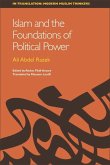
19,95 €
Sofort per Download lieferbar
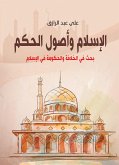
2,99 €
inkl. MwSt. und vom Verlag festgesetzt.
Sofort per Download lieferbar
eBook, ePUB
13. Februar 2025
¿¿¿¿¿ ¿¿¿¿¿¿¿ ¿¿¿¿¿¿¿
0,00 €
Sofort per Download lieferbar
eBook, PDF
11. Juli 2012
Edinburgh University Press
Ähnliche Artikel
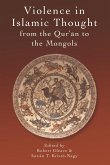
23,95 €
Sofort per Download lieferbar
eBook, ePUB
14. April 2015
Edinburgh University Press
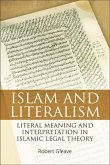
23,95 €
Sofort per Download lieferbar
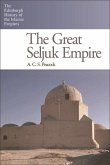
24,95 €
Sofort per Download lieferbar
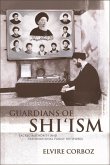
23,95 €
Sofort per Download lieferbar
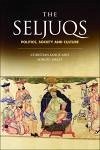
23,95 €
Sofort per Download lieferbar
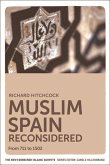
23,95 €
Sofort per Download lieferbar

23,95 €
Sofort per Download lieferbar

eBook, ePUB
7. Juli 2015
Edinburgh University Press
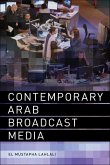
23,95 €
Sofort per Download lieferbar
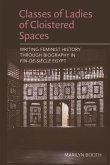
eBook, ePUB
20. Januar 2015
Edinburgh University Press
Ähnlichkeitssuche: Fact®Finder von OMIKRON
